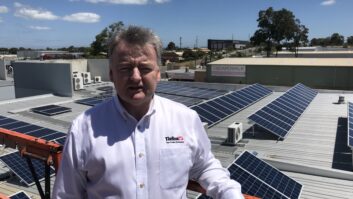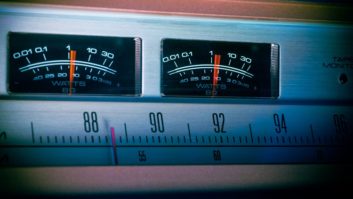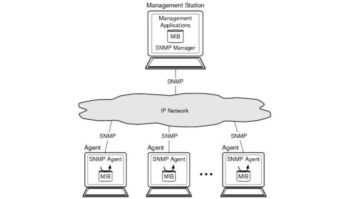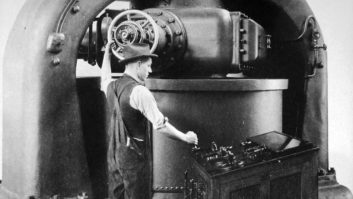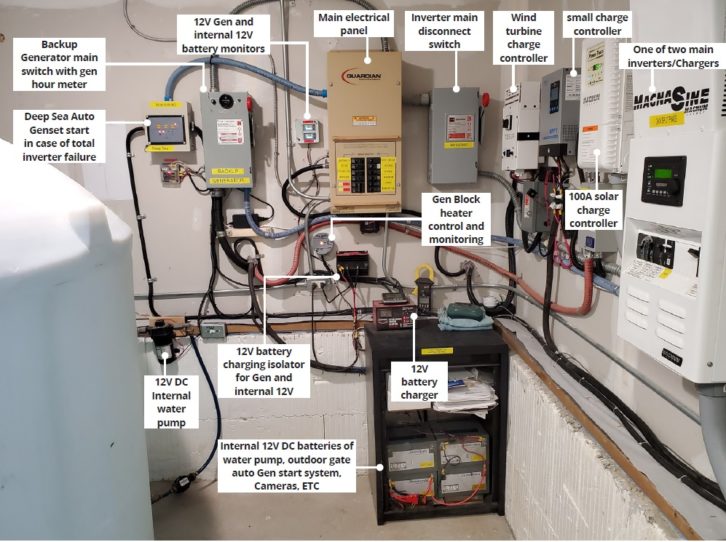
Electricity is the lifeblood of any radio station. Without power, everything from the office lights to the digital audio systems to the transmitters would cease to run after the generators ran out of fuel. There is no radio without power.
Craig Timmermans is the CEO and owner of Manitoulin Broadcasting Corp., which operates Great Lakes Country 103 FM CHAW(FM) and Hits100 CFRM(FM) in the aptly named community of Little Current, situated on Manitoulin Island in Ontario, Canada.
Timmermans knows all about sky-high electricity bills. That is why his company has made renewable energy investments that slashed their transmitter electrical bills by 80 percent and took their studio/office complex completely off the grid.
“I am very, very happy with this system,” said Timmermans. “I can’t believe that I’m getting all of this energy from the sun and wind to power my stations. Best of all, Mother Nature doesn’t charge me a delivery fee.”
Transmitters first
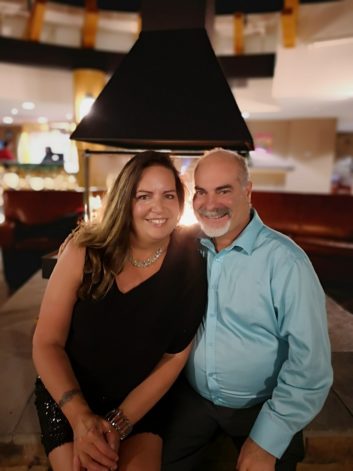
Timmermans’ venture into radio broadcasting began in 2001, when he was given permission to open CFRM — at a whopping 1.4 watts. Over the next six years he was able to move up incrementally to 27,500 watts, vastly increasing CFRM’s reach from local to regional coverage.
Unfortunately, what also changed was Timmermans’ electricity bill.
“The first one I received from Hydro One was for about $6,000 for two months,” he told RW. “I almost had a heart attack.”
Fortunately, Timmermans is an electrical engineer who knows all about renewable energy. So after his heart settled back to normal, Timmermans decided to slash his transmitter costs by going green.
In 2009, Timmermans took action. “Since we’re on a mountaintop, it only made sense to install a micro wind turbine to take advantage of the air moving around up there,” he said. “So we did. Now instead of buying $3,000/month of power from Hydro One, we were buying less than $1,200 per month.” This was at Manitoulin Radio’s original rented 300-foot tower site.
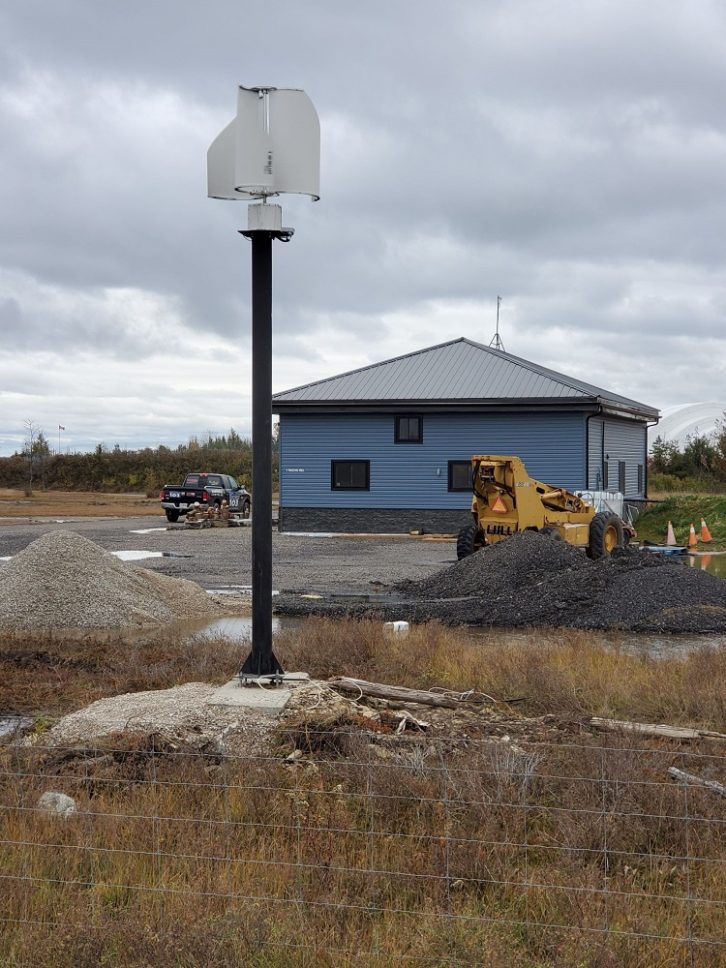
In 2016, Timmermans added CHAW, Country 103, a 50,000 watt commercial station, to the portfolio. Two years later he bought and erected a new 450-foot tower and transmission site on his property on McLean’s Mountain outside Little Current.
“With both the 50,000-watt transmitter for the country station and 27,500 watt transmitter for the hits station, our monthly electricity costs were projected to hit $6,000-plus! So we bought three more micro wind turbines and put all four of them at the new transmitter site. The result is that our actual monthly electricity bills are $1,350.”
A bonus: Timmermans has configured the power system here so that it only draws on the outside grid when the wind isn’t generating sufficient electricity. Otherwise, Mother Nature is working to keep his two transmitters on air — for a lot less money and reducing our carbon footprint.
As for the cost of installing the micro wind turbines and the associated equipment to power the transmitter complex?
“It was a significant investment, but the money we saved paid it back in about eight months,” Timmermans said. He has since purchased solar panels to install here, “to bring the transmission bill a lot closer to zero.”
Studios came next
Great Lakes Country 103 FM and Hits100 FM have a total of nine employees. Prior to 2020, the offices and studios were in a rented facility in downtown Little Current, population about 2,500.
“People could see our DJs working through the front window,” Timmermans. “It was a way of connecting to the community.” The facility was powered by a biodiesel generator.
But Craig and his wife KT also own and operate two major music festivals, Manitoulin Country Fest and Rockin’ the Rock, on their own 84 acres outside of town every summer; and building a new studio complex on their own land was a logical move.
“After all, we interview the artists who appear at our festivals on our stations as a way of boosting their profiles,” he said. “So it just made sense to have our studios in the same place as our permanent stage and campgrounds.”
In 2020, despite the pandemic, they built a two-story, 2,600-square-foot studio complex to house the two FM stations at 1 Radio Road, Little Current, on the Timmermans’ “Manitoulin Country Fest” grounds.
Because Hydro One wanted to charge a hefty sum to run power lines to the new complex, Manitoulin Broadcasting built it to run entirely off-grid.
To make this possible, Timmermans installed a battery storage system capable of storing 2,000 amp hours of power at 48 volts. When charged, the system has enough power to run the complex for a week, 24/7.
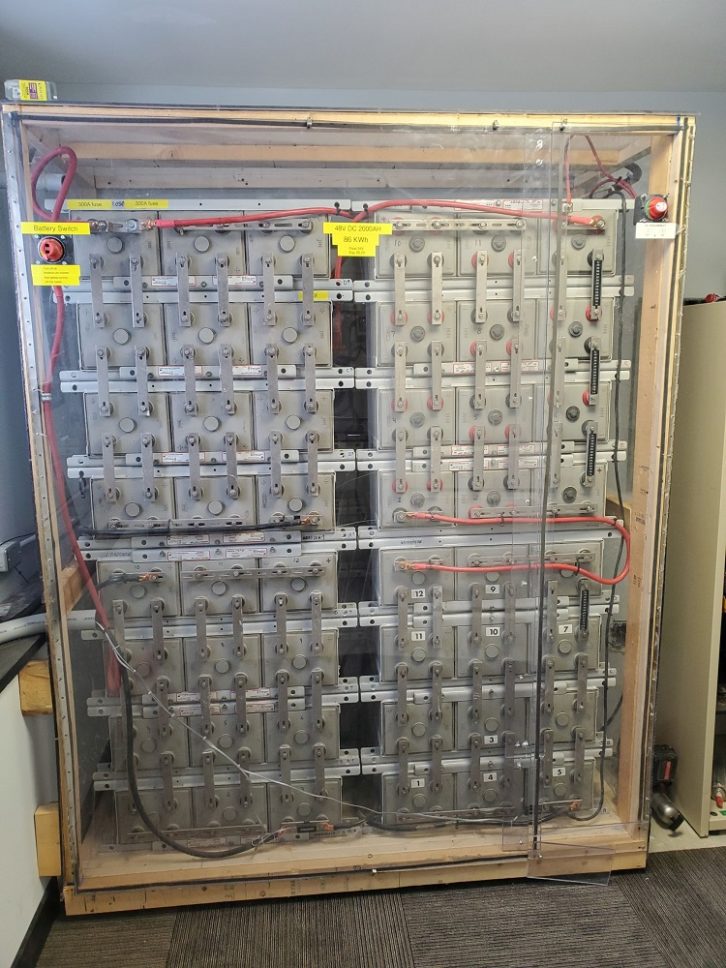
It is primarily charged by a series of south-facing solar panels constructed outside the facility, supplemented by pole-mounted vertical wind turbines.
“Compared to conventional wind turbines, the vertical turbines are extremely quiet,” Timmermans said. For times when there isn’t enough sun nor wind to fully recharge the batteries, the studio complex has a diesel generator, which uses about $20 of diesel fuel per month during the winter.
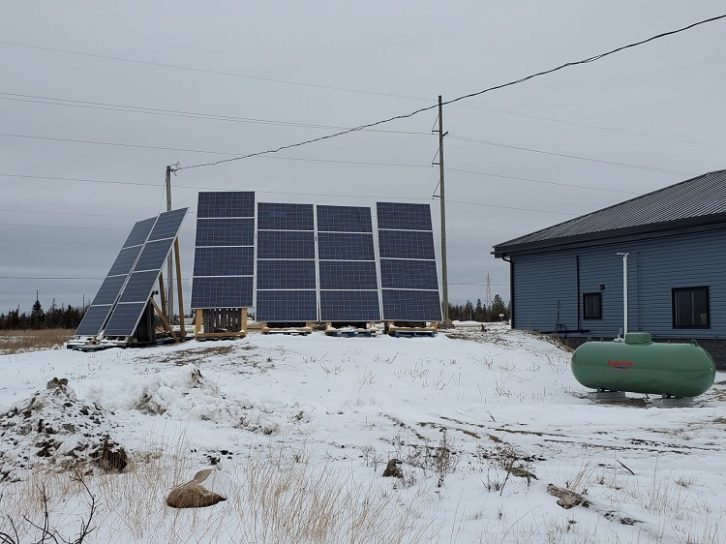
“During hot summer months, we generate enough electricity from the sun to power all the lights, computers, broadcast consoles, support equipment and even our central air-conditioning for free,” he said.
“It just amazes me that I can get all that energy from just the sun. I am very proud to say our 2,600-square-foot, air-conditioned office building with two FM radios studios is 100% off-grid.”
Renewable works
The power is consistent and reliable, and the money saved grows every day.
Timmermans expressed a willingness to share his knowledge with other broadcasters. Contact him through www.hits100.ca or www.country103fm.ca.
But some quick advice: For station owners with rural transmitter/tower sites, “small wind turbines to help power your facility just makes good business sense,” he said. “To survive in today’s economy, you have to look at fixed costs that are very high, such as electricity, and find ways to offset those costs and just be greener.”
Owners who can add solar panels and vertical wind turbines to their studio complexes can also save money over time and keep these costs controllable as the grid’s power prices go up.
Besides the savings, there is satisfaction associated with generating most or even all of the electrical lifeblood that your station needs.
Reducing their carbon footprint is important to the Timmermans.
“We just put in all brand-new carpet in the office, and I was vacuuming it the other say,” said Timmermans. “And I said to some friends that were visiting, ‘You know what? I’m vacuuming for free! It’s not costing me a dime to vacuum our building.’”
James Careless is a radio and podcast producer, host and interviewer who has written for RW since 1990.
